Following the Star
Three years ago, fantasy worlds nearly ruined Patrick W. Carr’s health.
It was 2016, and in his words, he had stretched himself to the breaking point.
At the time, Patrick was not only crafting an epic novel series. He was also going to grad school and working full-time as a mathematics teacher—three jobs all at once.
“The last straw was when I was on my way to the Realm Makers conference, and I slipped off a curb and broke my leg,” Patrick said. “My body just said: I’m done.”
Doctor after doctor couldn’t figure out what was happening to him.
“I couldn’t sleep,” Patrick said.
A storyteller is born
Every night, Patrick read fantasy tales to his kids.
He and his wife, Mary, have four sons. He read them The Chronicles of Narnia, The Hobbit, and vintage science fiction, such as short stories from the 1930s and 1940s.
Then Patrick wondered: could he create stories in which his sons were characters?
“So I did that,” Patrick said. “I actually wrote three novels that were modeled after them and their personalities.”
Then Patrick got the writer’s bug. He joined groups and attended conferences. Years later, when he wrote a fantasy novel called A Cast of Stones, Bethany House bought that story. It released in 2013, becoming the first installment of his first series, The Staff and the Sword.
Awards and accolades
2014
- Christy Award finalist, A Cast of Stones
- Carol Award winner, A Cast of Stones
- Carol Award finalist, The Hero’s Lot
- INSPY Award finalist, The Hero’s Lot
2016
- INSPY Award winner, The Shock of Night
- Realm Makers Award winner, The Shattered Vigil
2017
- INSPY Award winner, The Shattered Vigil
2019
- Christy Award finalist, The Wounded Shadow
Patrick later forged a whole other fantasy world for The Darkwater Saga (2015–2018). It had a novella and novels with lengths over 160,000 words each. That’s a lot for a writer with a family, three jobs, and books that released just one year apart.
Gloomy clouds of night
Even before Patrick’s 2016 health crash, he’d had trouble sleeping. After his crash, doctors couldn’t even use medication to induce him to rest more than three hours.
Finally they found the problem, Patrick said: stage three adrenal fatigue. He had quested so hard with jobs and writing that his adrenal glands didn’t know which way was up. “They would fire off in the middle of the night,” Patrick said.
Doctors treated him, and finally Patrick finished his fantasy saga.
“I came out of that with a product that I loved,” he said. “But I was so tired.”
Gift of the magi
Recovery gave Patrick time to return to an old interest: the field of Bible prophecy.
In the 1990s, he had found cassettes from Bible teacher Chuck Missler (1934–2018), exploring Scripture books such as Genesis, Revelation, Ezekiel, and Daniel.
“This guy had a way of really delving into the Bible and really unpacking it, kind of like from an engineer’s perspective,” he said.
Missler believed Daniel may have never returned to Israel, after he had prophesied that “seventy weeks are decreed about your people and your holy city, to finish the transgression, to put an end to sin, and to atone for iniquity . . .” (Daniel 9:24, ESV).
Instead, Missler suggested Daniel could have stayed in the Babylon area.
“Missler theorized that the Magi would have come from that [Medo-Persian] area, and that they may have actually had access to Daniel’s prophecies and actually counted down the days.”
—Patrick W. Carr
“Missler theorized that the Magi would have come from that area, and that they may have actually had access to Daniel’s prophecies and actually counted down the days,” Patrick said. “I thought that was one of the coolest things ever.”
To Patrick that idea now shone bright. He found he wanted to make it into his next story, one that would take him in simpler yet challenging directions.
Star of wonder
Patrick didn’t have to create a new world. Rather, he needed to ground the setting of this new project in the very real world of biblical truth and history, while also showing the mythic grandeur of desert empires, revolutions, and a miraculous star.
“I was getting to write about fantastical events that actually happened.”
—Patrick W. Carr
“I was getting to write about fantastical events that actually happened,” he said.
The more Patrick read Scripture about the star and wise men (Matthew 2), the more he believed his fictional adaptation of the star’s mechanics made sense.
For example, Scripture says the wise men saw the star in the East (verse 2).
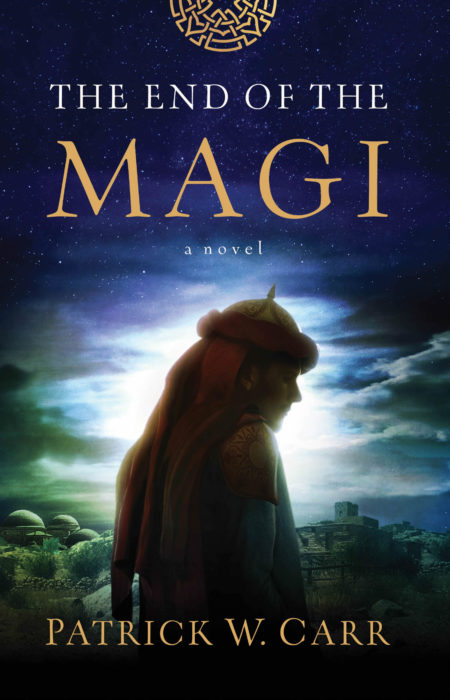
“Fighting magi, tense trades, ambush attacks, chases, escapes, true love, and many real pending miracles . . . make The End of the Magi a potential classic for Christmas and beyond.”
—Lorehaven magazine review
“If they’re in Parthia, and the star is to the west of them, for the star to remain over Bethlehem, that means that star had to remain motionless through the night while all the other stars were moving,” Patrick explained. “Which means that technically speaking, that was the star that was moving, constantly.”
Thus, The End of the Magi (read Lorehaven‘s review) presents a mobile and truly miraculous source of light.
Later, when the magi visit Herod, no one mentions seeing the star. Thus, Patrick’s story makes the star visible only to certain magi who had faith.
“I wrote it like a fantasy adventure,” Patrick said. “It couldn’t be anything else, because there were fantastical events going on.”
The book is intended to follow biblical records about the magi’s journey.
It may, however, surprise readers who believe extra-biblical concepts of the story.
“The more we try to drill down to the Scriptures to get an exact idea of exactly what happened, the more elusive it becomes,” Patrick said. “Obviously it doesn’t tell us how many magi there were. And we also don’t know if the writer was including magi proper, or whether he was including magi and guards.
“You can interpret and you can have some fun with it,” he said.
After The End of the Magi, Patrick isn’t sure what stories come next for him. But he does know that anything he creates must be based in Scripture and excellence.
“I don’t know that I could write a story without a faith element,” he said. “If you’re talking about something that is central to who we are and what we believe, faith is going to have to be in there somewhere.
“People who write Christian fiction should aspire to write fiction that is better than anything else that’s out there,” Patrick added. “It should be crafted better. It should be deeper. It should be more meaningful. . . . Every story that I’m putting out, I am crafting that story as well as I can.”




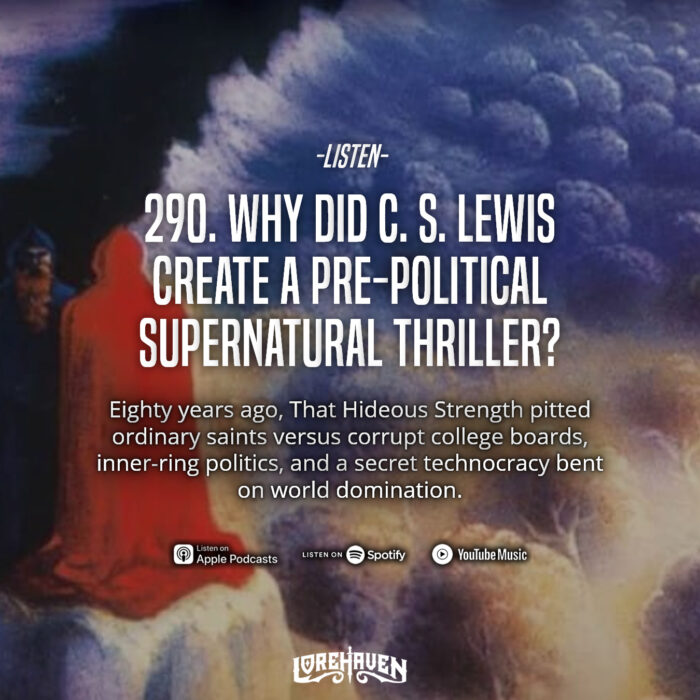
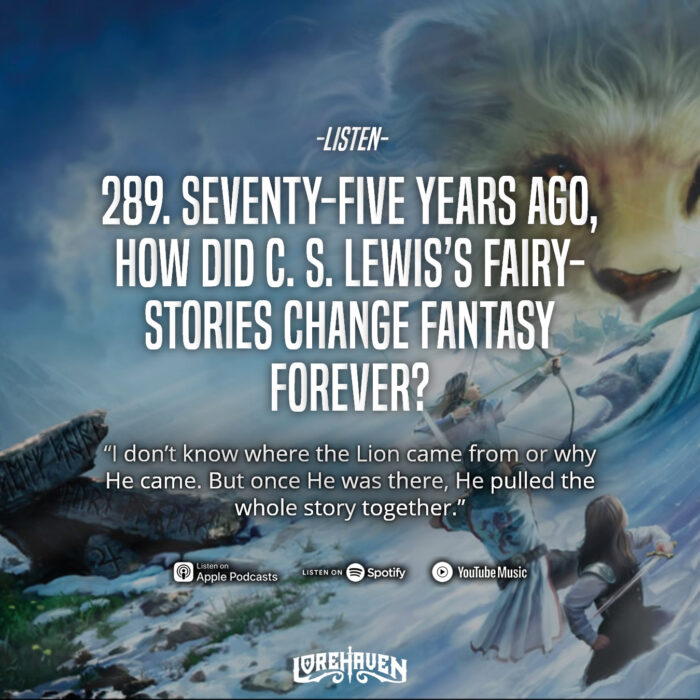

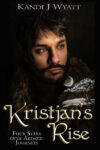

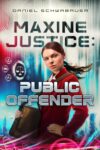
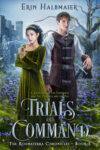
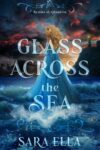
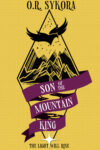
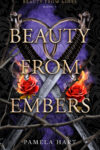
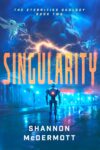
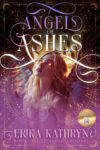
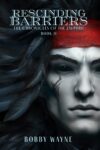


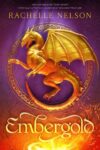





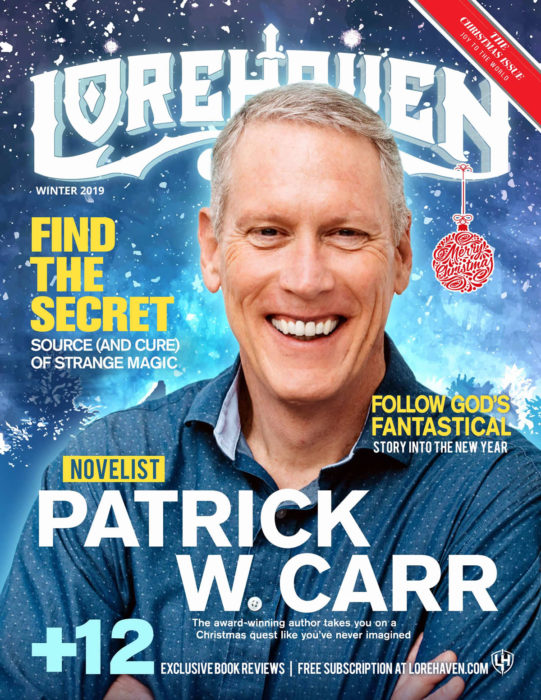

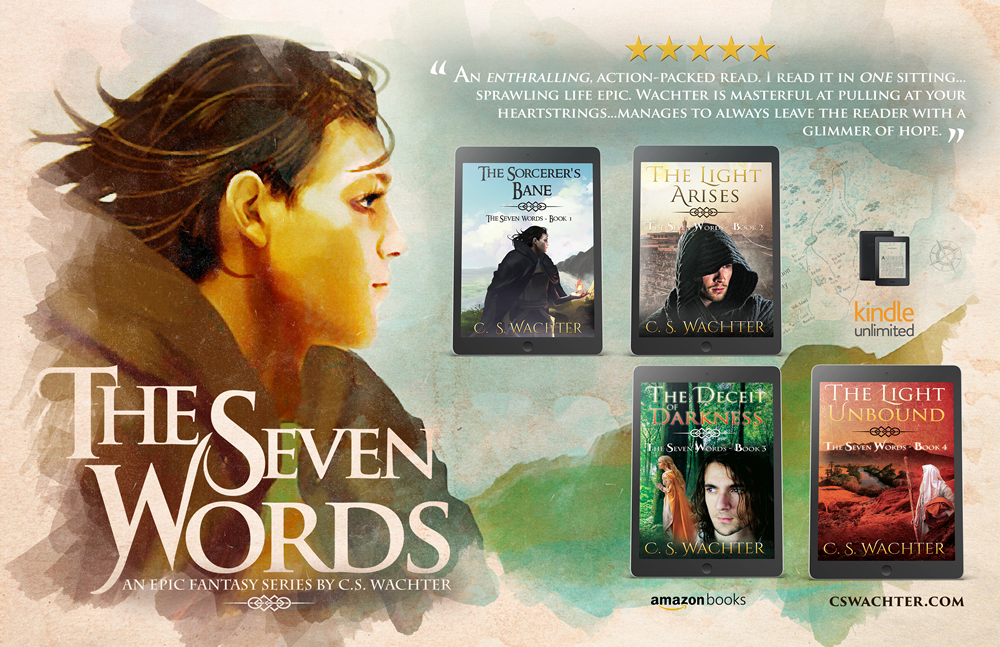




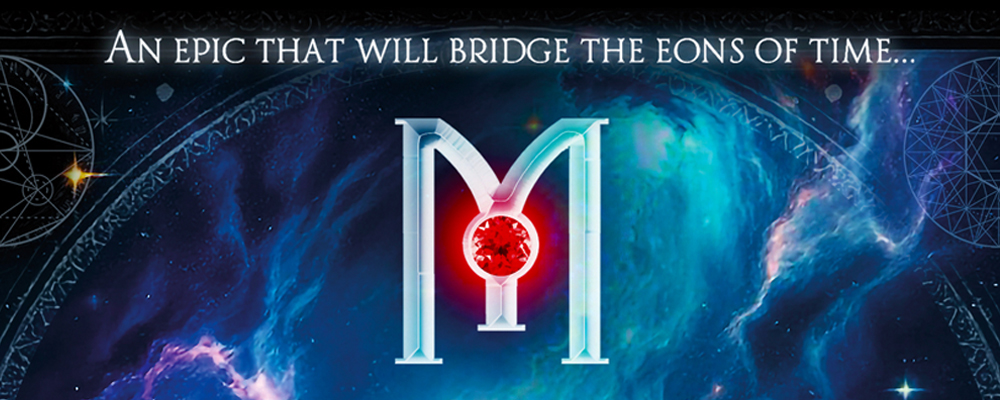

Share your fantastical thoughts.